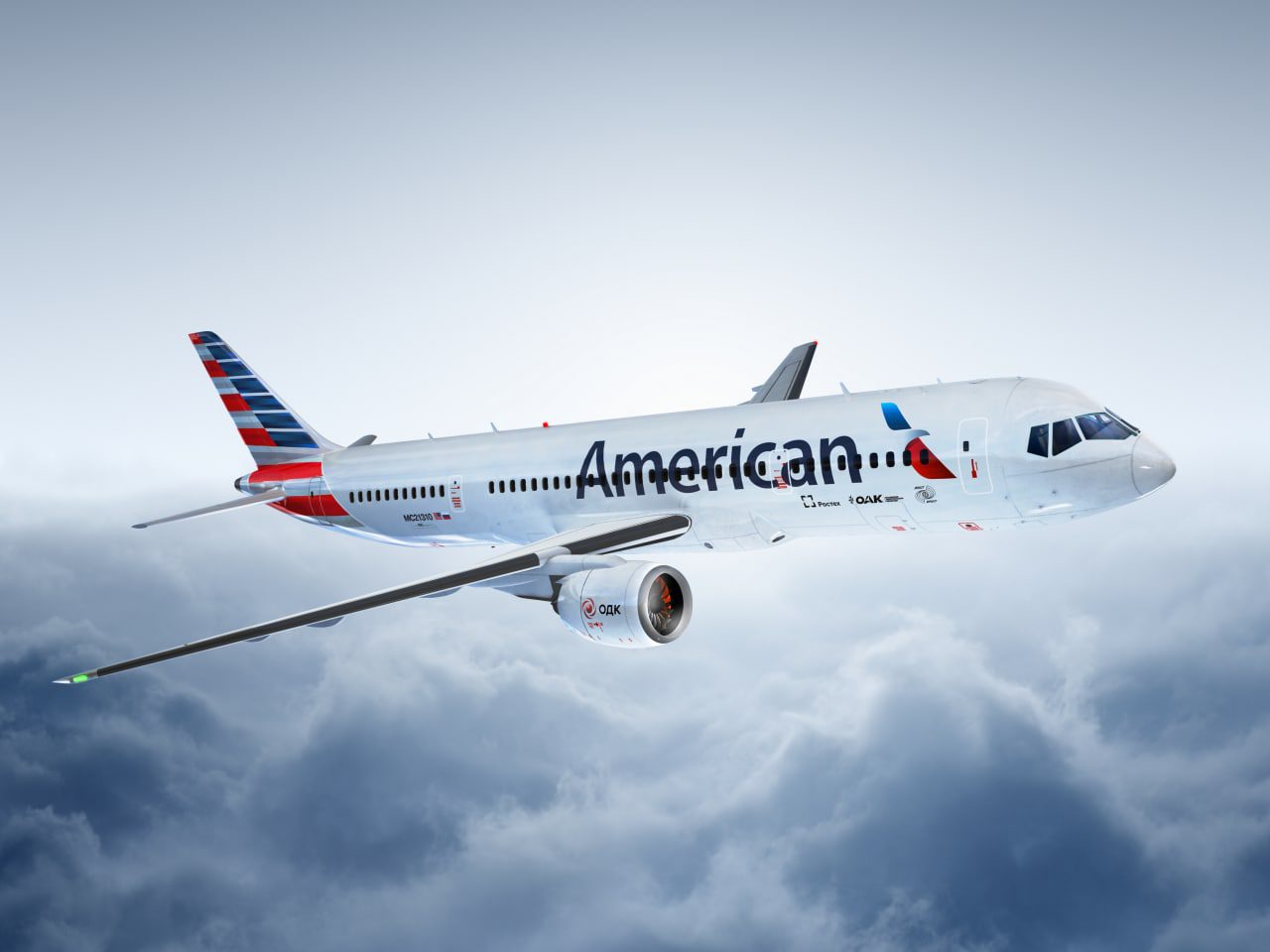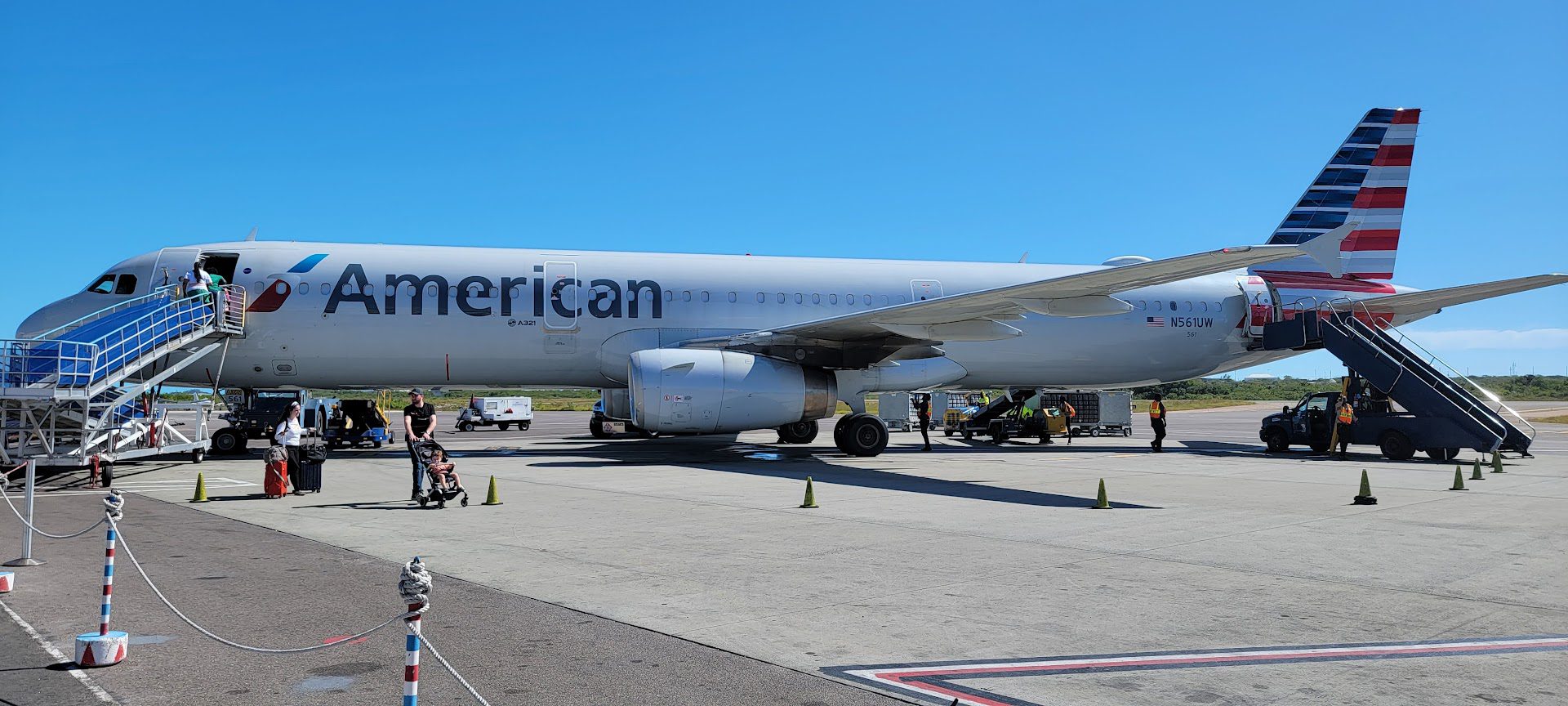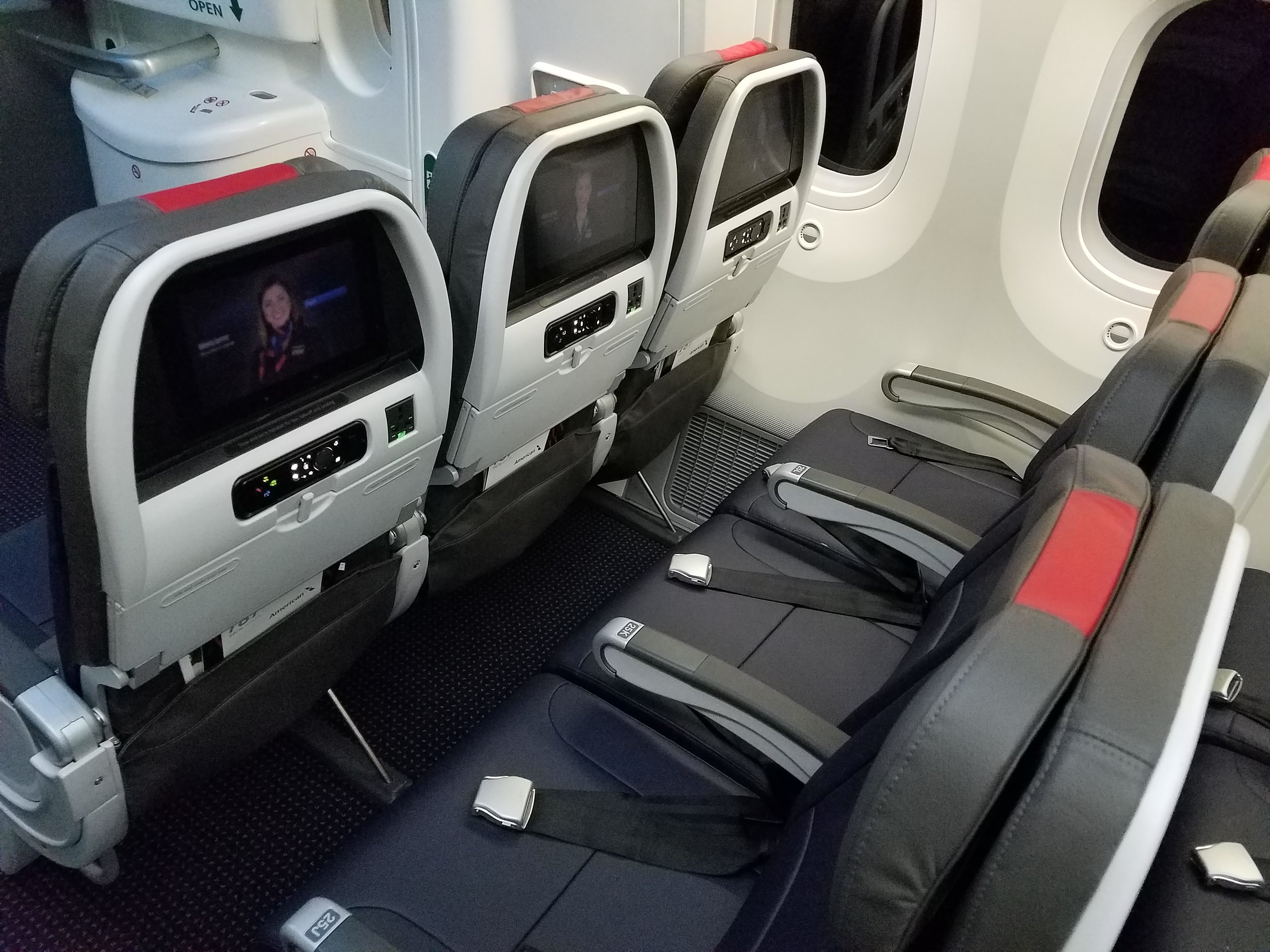Several customers are suing American Airlines after their AAdvantage accounts were shut down. They used invitations to apply for Citibank credit cards that circumvented rules limiting how often one could get a new card bonus. People lost millions of miles.
Some people created fake accounts to get these mailers that allowed them to apply for cards over and over – at scale. Others even purchased these card invitation mailers. Yet some customers just used application invites sent a child or spouse.
- When you’d open a new AAdvantage account, you’d receive an offer to apply for a Citibank credit card. That invitation didn’t prevent you from earning a bonus if you’d earned one in the past. After all, it was being sent to someone with a brand new account.
- These invitations were transferable. Some people may have opened an account for a child taking a trip, and used the invitation themselves. That’s pretty innocuous. But I don’t know of anyone whose account was shutdown for doing this just once.
- Most cases seem to be people who either opened fake AAdvantage accounts (think: in the name of fake people or pets) or who purchased invitations on Reddit or FlyerTalk for $5 – $50 each.
- People getting 4 or more initial bonuses from Citibank personal cards in two years (when the normal limit is currently one per 48 months) seemed to get shut down).

According to an American Airlines DOT filing in response to complaints, American learned about the tactic for getting unlimited card bonuses by monitoring FlyerTalk and Reddit. They ascribe the lack of a bonus restriction on the application people were using as “due to a technical issue” that “certain unscrupulous individuals” used “to circumvent security protocols.” In other words, Citi programmed their systems poorly.
American argued falsely that the existence of a 48 month rule on most applications means that it really should apply to all applications, even though application rules have changed regularly over time.
They also argued that bonuses are only for “first-time account holders” which is obviously untrue when they simultaneously argued that bonuses should be read as only available every 48 months, even when an application neither says so nor enforces this rule.
In filing a motion to dismiss, American Airlines makes two claims that are probably correct. However I’m more interested in their side comments about the case itself.
- The plaintiffs are suing under California law, but most aren’t California residents. The court lacks general jurisdiction over American Airlines (incorporated in Delaware and headquartered in Texas) and the alleged activity generally didn’t take place in California.
- The Airline Deregulation Act pre-empts the claim. Northwest v. Ginsberg says that frequent flyer programs are part and parcel of airline pricing, since even if miles aren’t earned for flying they’re generally redeemable for discounted or free travel or upgrades, so state-level claims are precluded by the Airline Deregulation Act.

In its filing, American Airlines says that using a promotion sent to someone else is, in itself, fraudulent. If your spouse receives an offer by e-mail, and it’s clickable by anyone, and anyone can register, you’re taking an action that justifies having your account shut down.
Plaintiffs committed fraud and abuse, which fully justified American terminating their membership in the AAdvantage program, per that program’s terms and principles of contract law. But even under their version of events, it is clear that Plaintiffs are suing to restore frequent flyer miles that they obtained through gamesmanship—namely, promotional offers directed to other people
Normally you might think that going to a website and registering would tell you if you’re eligible – especially if you’re 100% transparent about who you are! American, though, says not so! If the offer was “sent to friends and family members” (if you did not receive it yourself) then you’re a bad actor.
Plaintiffs applied for these “credit card accounts under [their] own name and social security number” and claim they “did not engage in fraud when applying for and opening” these credit card accounts. (Id. ¶¶ 52, 59, 67, 85, 103, 111, 130, 138, 153, 171, 187, 194, 209.) They concede, however, that they used promotional offers that were sent to friends and family members—i.e., that were not sent to them—in opening these accounts, without which they would not have received miles for opening multiple accounts

That’s a pretty bizarre take. The registration or application process is what’s supposed to determine whether you’re eligible. Sometimes emails get sent to spam or otherwise not read. The marketer’s dream is for a customer to share the offer they’re getting and encourage their friends to take advantage of it, while the business has the opportunity to screen customers at the point of registration.
Yet American told the court that if a member signs up for an offer sent to a friend or family member, they may shut down the account.


What is the first picture in this post? A sukhoi superjet in an AA livery???
Fwiw Americans position is not out-of-norm for financial services.
I spent years trying to educate companies on the need to monitor FT and reddit, as well as the need (and numerous benefits) of tightening up marketing offers … “say what you mean and mean what you say.”
All too typically one or more execs who were techno-phobic or otherwise out of touch with the evolving nature of aggressively empowered consumers would actively minimize the nature of the potential risks. Generally in the name of not wanting to impact their immediate top lines.
But ignoring a problem doesn’t make it go away. And when the pot boils over the tendency is to blame customers as bad actors and not to blame the systemic failures which provided a fertile breeding ground for shens.
@ORDee – it’s a Rostec MS21, actually! Close! 🙂
https://viewfromthewing.com/russian-manufacturer-says-american-airlines-may-be-customer-for-new-narrowbody-aircraft/
The simple fact is that American is not a good-faith actor in most any respect these days and simply cannot be trusted to honor any commitments or promises. Engaging in any activity in expectation American will fulfill their end of the bargain is a fool’s errand.
Their program their rules and it clearly says they can be modified and accounts closed for not complying. Also AA owns all the miles, not any of us.
Frankly I expect a summary judgement ending this lawsuit.
@ Retired Gambler
Enjoying the Kool-aid?
Oh American will beat this suit. I just think the specific aside they are offering is absurd.
Cheat the system then file a law suit. Typical losers trying to get more than everyone else.
You know, this would *never* happen at an ULTRA PREMIUM airline like Delta! Very common at non premium airlines like this though.
AA is so dishonest. These offers were transferable by design. The codes had a different number of digits than the offers with 48 month language, and no 48 month restrictions was in T&C, name was changeable unlike the 48 month offers. So it was by design. They just weren’t paying attention for a long time.
All these accounts helped the Citi card team meet sales goals. Looking the other way got Wells Fargo in trouble.
Gary,
One of your fellow bloggers got shutdown (AFAIK) for using his kids mailer. AA shut his wife down just because she had flown with him. Although I think the original article was taken down at some point (I vaguely recall he’d used a mailer addressed to his son who has/had a legit AA account)
Here’s his blog:
https://milestomemories.com/american-airlines-shutdown-my-account/
Not mentioned is the fact that the rule was 24 months back when this went down, they later changed it to 48 months. It was purely a money grab by AA, but I’m sure they refunded Citi for all the miles Citi paid for that were forfeited right?
@mantis never underestimate the role of incompetence and sloppiness in corporations. Especially when you put marketers in charge of financial offers. 2nd only to hr, they find numbrz iz hard.
@andrew exactly
Should AA be permitted to terminate membership and revoke PRIOR honest earned miles (value)? Is this appropriate or outright punitive?
The intent of those opening additional accounts or obtaining offers may have a fraudulent motive or confusion, perhaps believing they are simply using a system that permits or allows their behavior. After all, clearly, AA and Citi had ample tools to prevent the behavior or even correct it after the fact. While they perhaps should have put in controls and written clear rules, the question remains 1) Should they have had to do that, and 2) is punitive action justified? Or did this just evolve into a trap…where arguable fraud was sufficient fuel to justify punitive rather than just corrective action on the part of AA?
It has always been a bit odd to me that the loyal AA patron who may bank a lot of miles through fair and honest use of the program is the most vulnerable, even by way of mistake, given the possible strong-armed punishment from AA – terminate and reclaim all earned unused miles.
A citizen who takes similar punitive unilateral action is likely looking at severe criminal consequences. I’m not concluding, but I raise the question: do two wrongs make a right? I personally love AA, but I am sad some things are not handled in a more positive and less punitive manner to promote good stewardship in their role of serving the public interest.
Problems with modern airline programs no longer using actual mileage for accrual. I expect nothing from the programs of today so it is only a bonus when I can reduce my total cost of flying using points or miles. I miss the old NWA program that I could count on how many miles earned and the rewards available.